FINIMA COMMUNITY HOLDS SUCCESSFUL ENVIRONMENTAL SANITATION EXERCISE: A SHOW OF UNITY AND CLEANLINESS
By Omie D. Brown, P.R.O, Environmental Committee | For & on behalf of the FYC Director of Environment
Edited by Engr. Tamunofiniarisa Brown
FINIMA, BONNY ISLAND — Saturday, May 31, 2025.
In a compelling demonstration of civic responsibility and environmental consciousness, the people of Finima Community came out in full force today to participate in the monthly environmental sanitation exercise. The exercise, held on the final Saturday of May, saw an overwhelming turnout from residents, who enthusiastically cleaned their homes, streets, gutters, and public spaces with remarkable energy and discipline.
The event, spearheaded by the Finima Youth Congress (FYC) Environmental Committee, was not just another routine cleanup; it became a symbol of community unity, environmental awareness, and leadership engagement. From the early hours of the morning, young and old residents alike could be seen actively sweeping, clearing weeds, disposing of refuse, and ensuring that every corner of the community reflected cleanliness and order.
Speaking after the exercise, the FYC Executive Chairman, Comrade Darlington Tobin, and the Director of Environment, Comrade Opara Henry Brown, jointly expressed their deep appreciation to the residents of Finima for the high level of participation. “Today’s turnout is a testament to what we can achieve when we work together. Cleanliness is not just a task—it is a culture, a lifestyle. And Finima is clearly setting the pace in Bonny LGA,” said the Director.

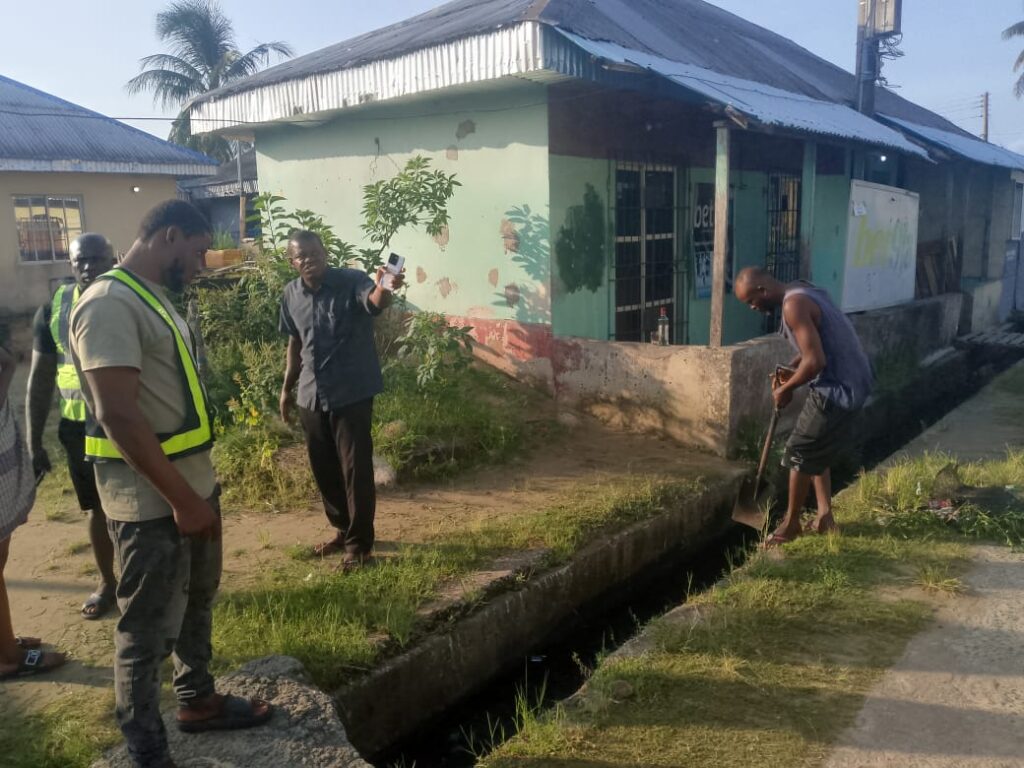
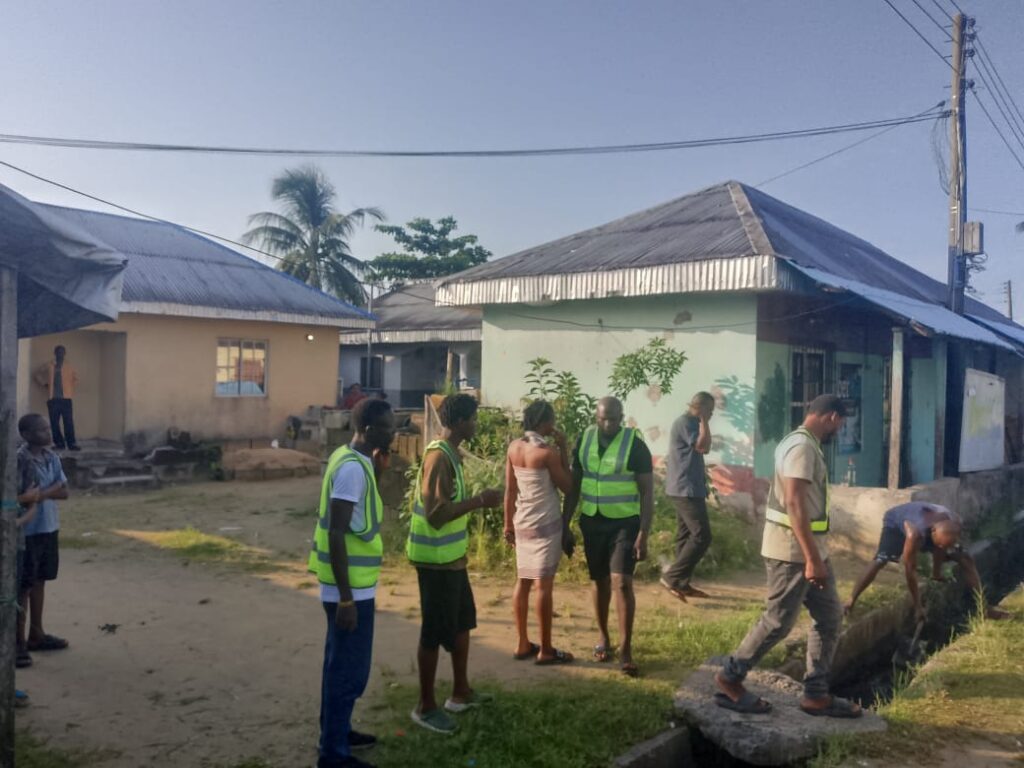
Royal Involvement: The Amadabo Leads by Example
The significance of today’s sanitation exercise was further elevated by the presence and active involvement of the Amadabo of Finima, Aseme Alabo Engr. (Dr.) Dagogo Lambert Brown. FNSE, FAIPA, who not only endorsed the exercise but also joined the Environmental Committee and community members in patrolling the various areas of Finima to monitor compliance and offer words of encouragement.
The Amadabo’s presence served as a major source of inspiration to many residents, especially the younger generation. Known for his dedication to community development and cultural preservation, Amadabo’s involvement underscored the importance of leadership by example. As he moved through the streets, the Amadabo engaged with residents, inspected sanitation efforts, and applauded those who showed exceptional commitment to maintaining a clean environment.

Community members expressed delight at the royal presence, noting that it brought a renewed sense of purpose and pride to the exercise. “When we see our traditional ruler walking with us and ensuring we clean up our surroundings, it tells us that everyone has a stake in the health and beauty of Finima,” said one resident.

Local Government Support: Sole Administrator’s Visit Marks a Historic First
In a rare and commendable gesture of solidarity, the Sole Administrator of Bonny Local Government Area, Sir Kingsley Banigo, also paid a supervisory visit to Finima Community during the sanitation exercise. Accompanied by members of his administrative entourage, the Sole Administrator was received with traditional honour and hospitality.
Welcomed by the Amadabo and the FYC executives, Sir Banigo was given a tour of the community, during which he observed firsthand the community’s coordinated cleanup activities. The Sole Administrator was visibly impressed with the level of organisation, the enthusiasm of the people, and the cleanliness achieved during the exercise.
Speaking during the visit, Sir Banigo expressed his satisfaction with the efforts of the Finima people. “This is what grassroots governance should look like. When the people take ownership of their environment, they contribute immensely to public health and safety. I commend the FYC, the traditional institution, and the residents for this exceptional exercise. I will take this back as a model for other communities,” he stated.
During the tour, the Sole Administrator was also taken to the Finima Cemetery, a historically significant but presently overgrown part of the community. Moved by what he saw, Sir Banigo promised to support the Finima community in a special cleanup project within the cemetery, including the felling of dangerous and obstructive trees. This commitment was met with applause and appreciation from both residents and the FYC leadership.
A Community on a Mission: Sustainability at the Core
The Finima Youth Congress has consistently demonstrated its resolve to lead a grassroots environmental renaissance in the region. Through its Environmental Committee, the FYC has championed monthly sanitation exercises, waste management campaigns, and advocacy for responsible community behaviour.
Today’s success was a culmination of weeks of mobilisation, community sensitisation, and strategic planning. Flyers were distributed, town criers engaged, and local influencers leveraged to spread the message of the May sanitation day. These efforts paid off as virtually every household participated—either by cleaning their premises or joining group efforts in communal areas.
According to the committee’s coordinators, the next phase will include targeted awareness programmes on recycling, proper waste disposal methods, and the launch of a “Green Finima” project aimed at planting trees and flowers to beautify the community.
“We’re not just cleaning for today.” “We are setting the tone for a sustainable, environmentally conscious Finima. Our children deserve a clean, green, and healthy environment, and we’re committed to delivering that.”
Looking Ahead: A Model for the Region
The joint efforts of traditional leadership, local government, youth, and ordinary citizens today present a powerful narrative: when stakeholders work together, community transformation becomes not only possible but inevitable.
The FYC has made a clarion call to other communities within the Bonny LGA and beyond to emulate Finima’s example. “We are open to sharing our strategies, our challenges, and our solutions with other youth groups and environmental bodies. This is not a competition—it’s a collective responsibility,” said the Executive Chairman.
Meanwhile, residents expressed hope that the promises made by the Sole Administrator—especially regarding the Finima Cemetery—would be promptly fulfilled. “His visit today was reassuring, but what we need now is action. If he delivers on his promise, it will further boost community trust in the local government,” said Mrs Ibim Hart, a local women leader.
Conclusion: A Clean Finima Is a Proud Finima
In wrapping up the day’s event, the FYC Director of Environment expressed heartfelt gratitude to every resident who participated and urged continued commitment in subsequent months. He noted that the success recorded today should serve as a foundation for more ambitious environmental projects, including waste recycling, drainage desilting, and public space greening.
As the sun set on a refreshed and reinvigorated Finima, one thing was clear—this community is not waiting for change; it is creating it, one cleanup at a time.
This report was edited by Engr. Tamunofiniarisa Brown.
For questions or further enquiries, please contact the Environmental Committee P.R.O.
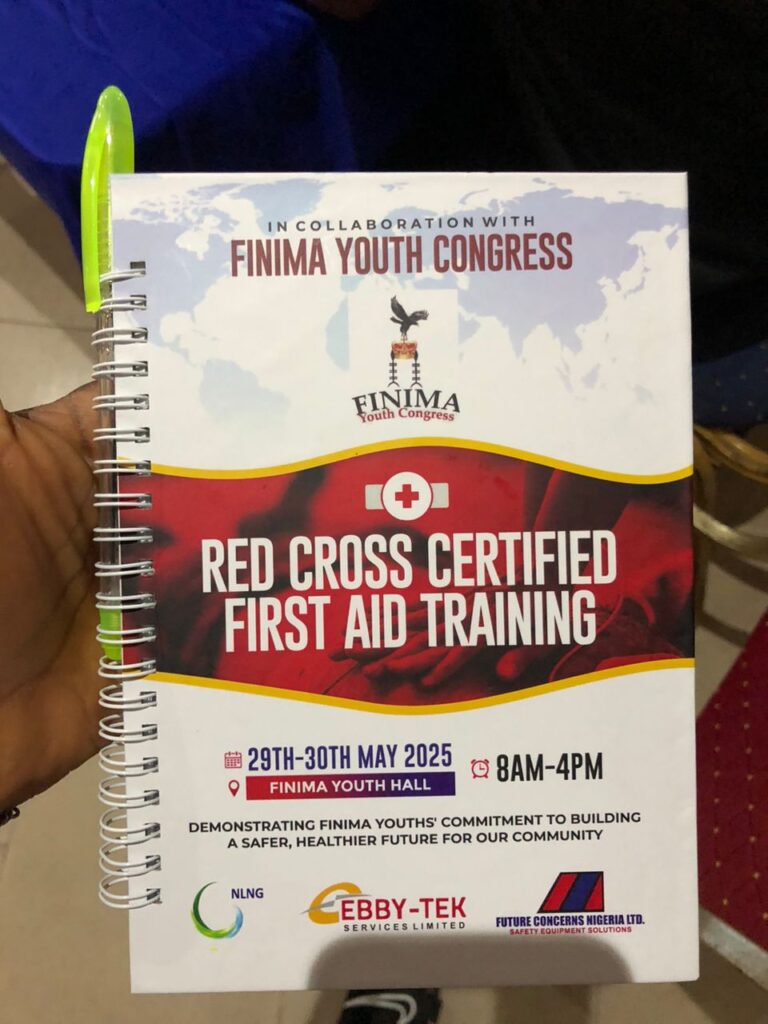
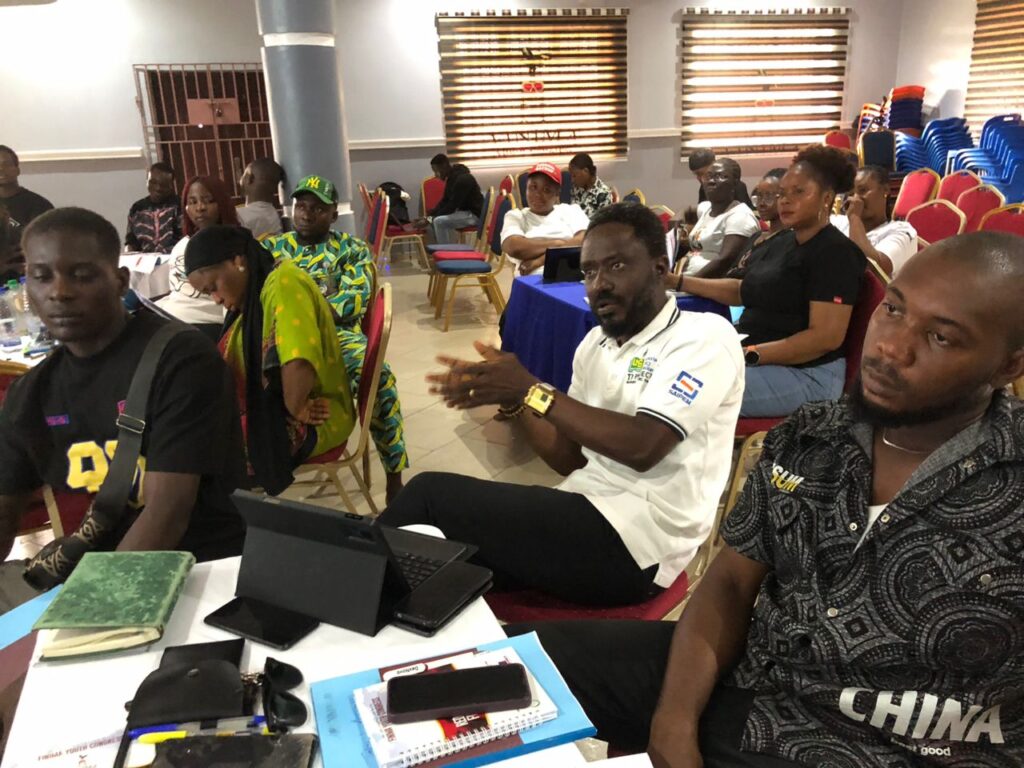
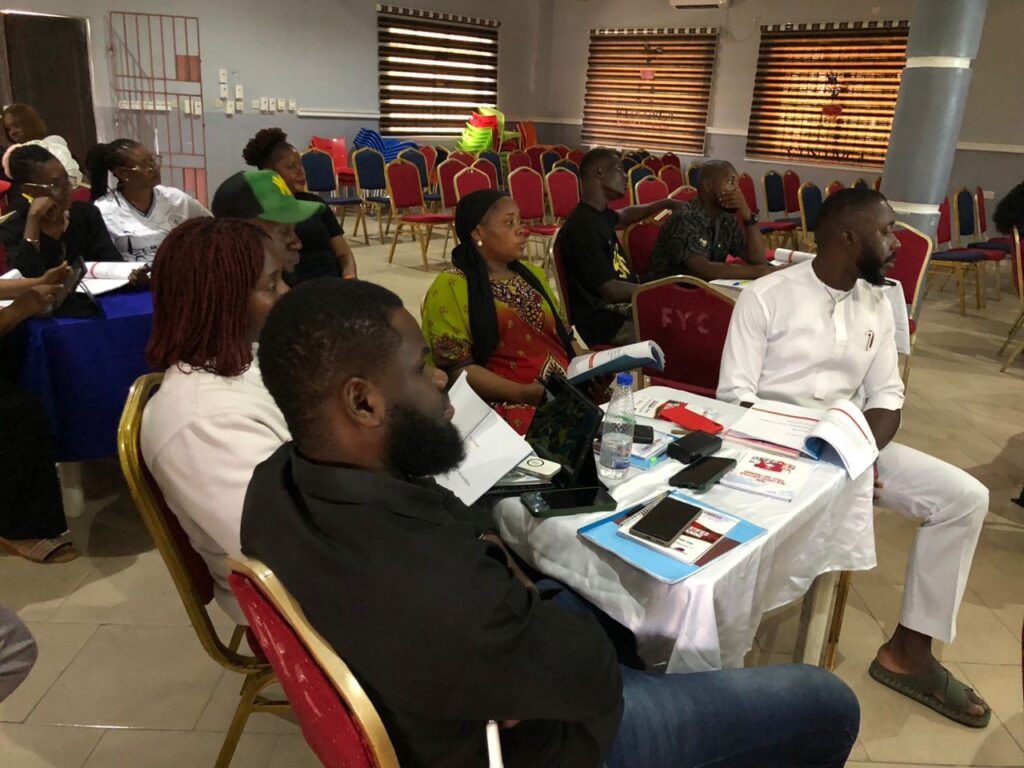
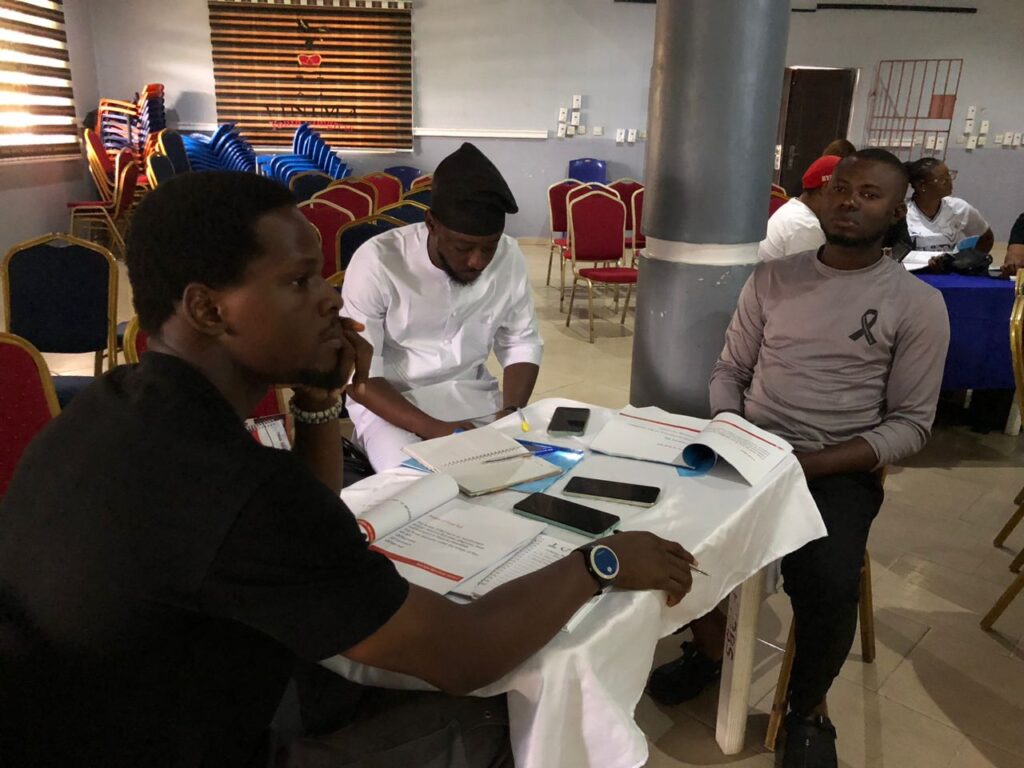
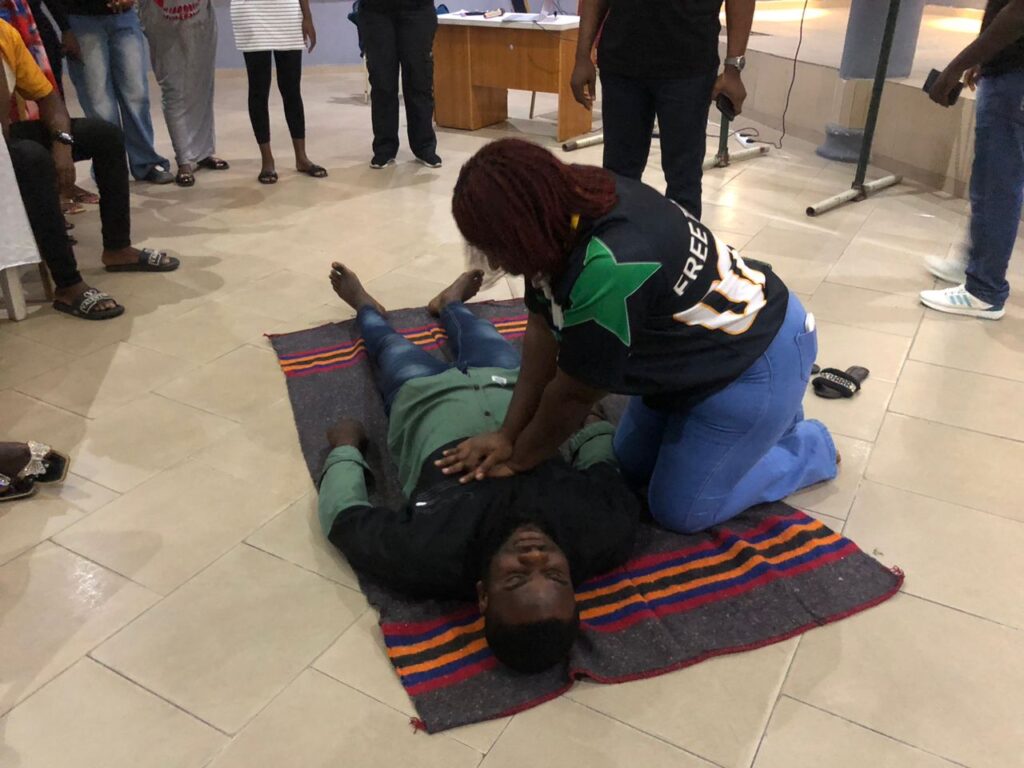
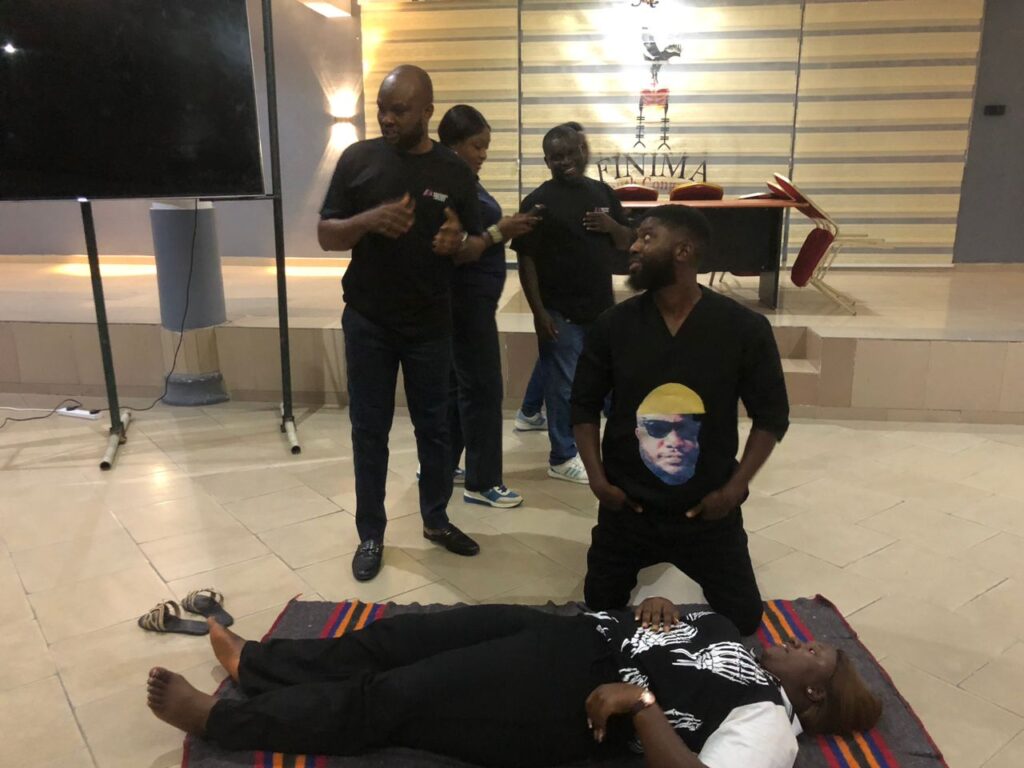

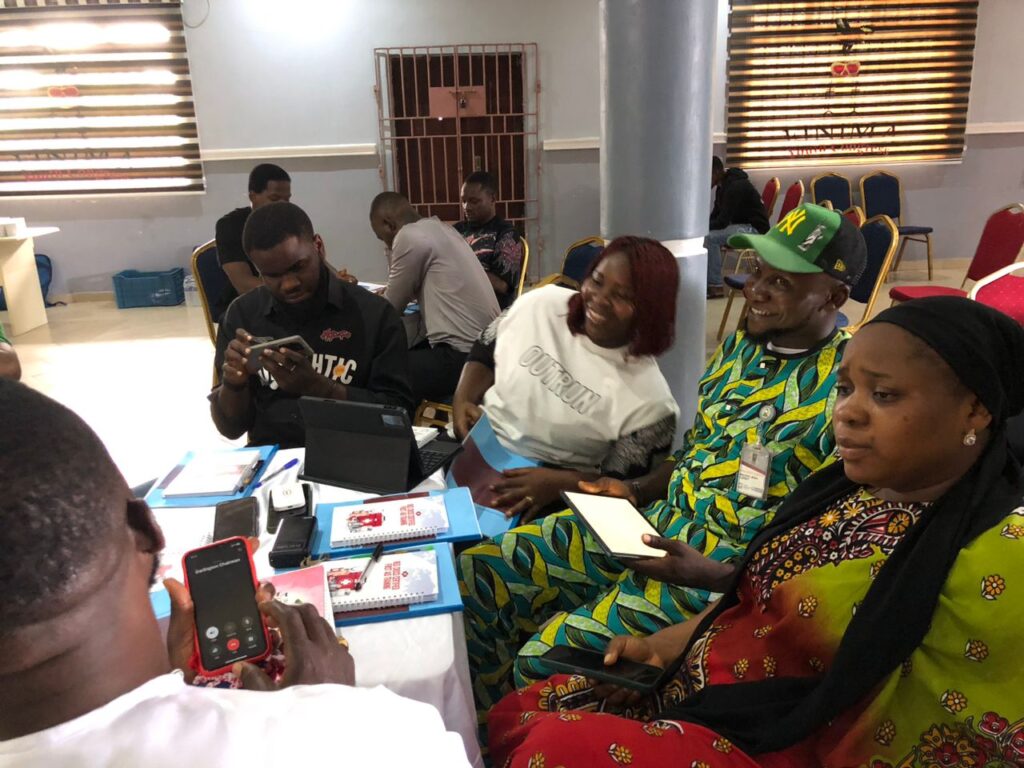
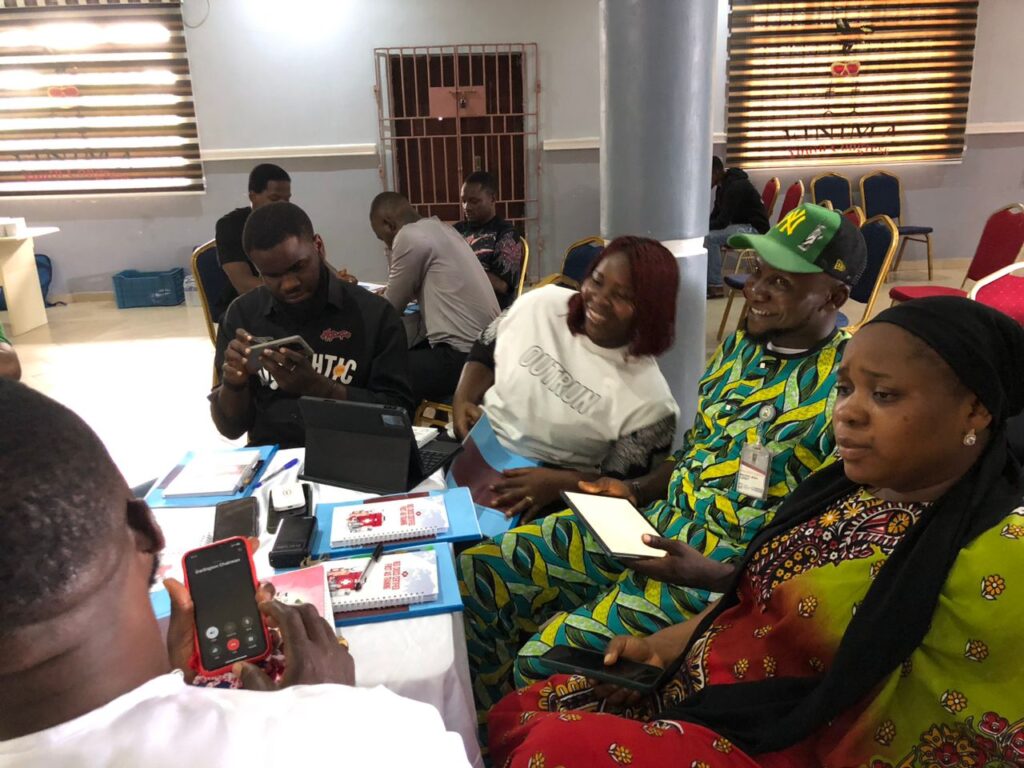
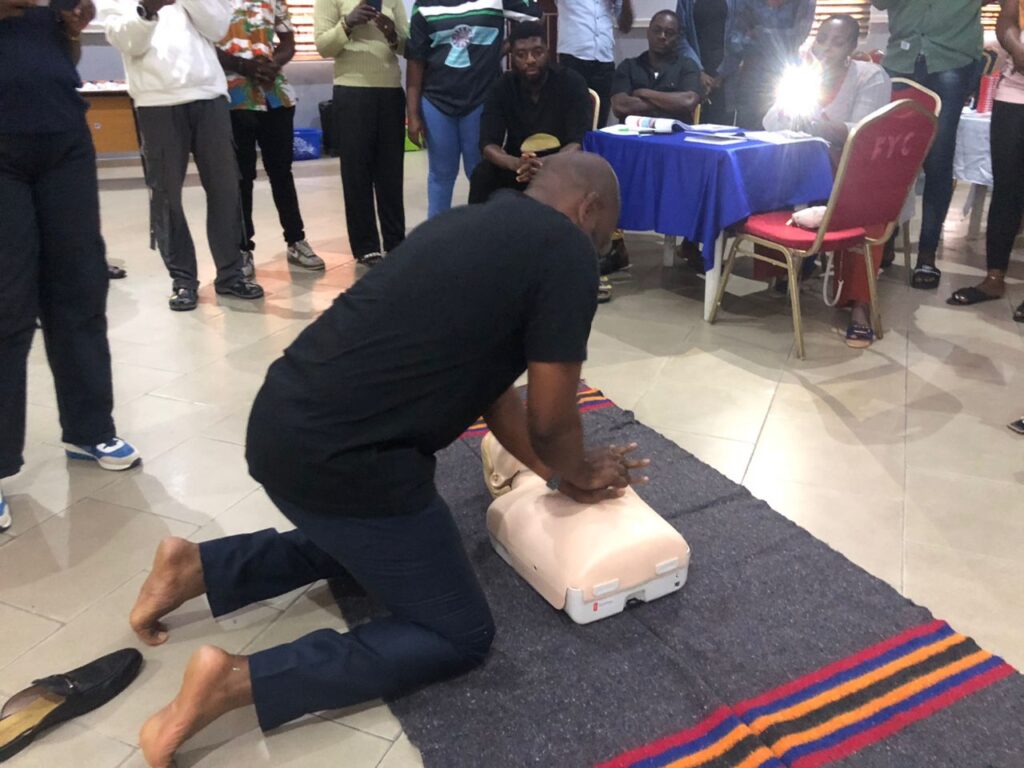
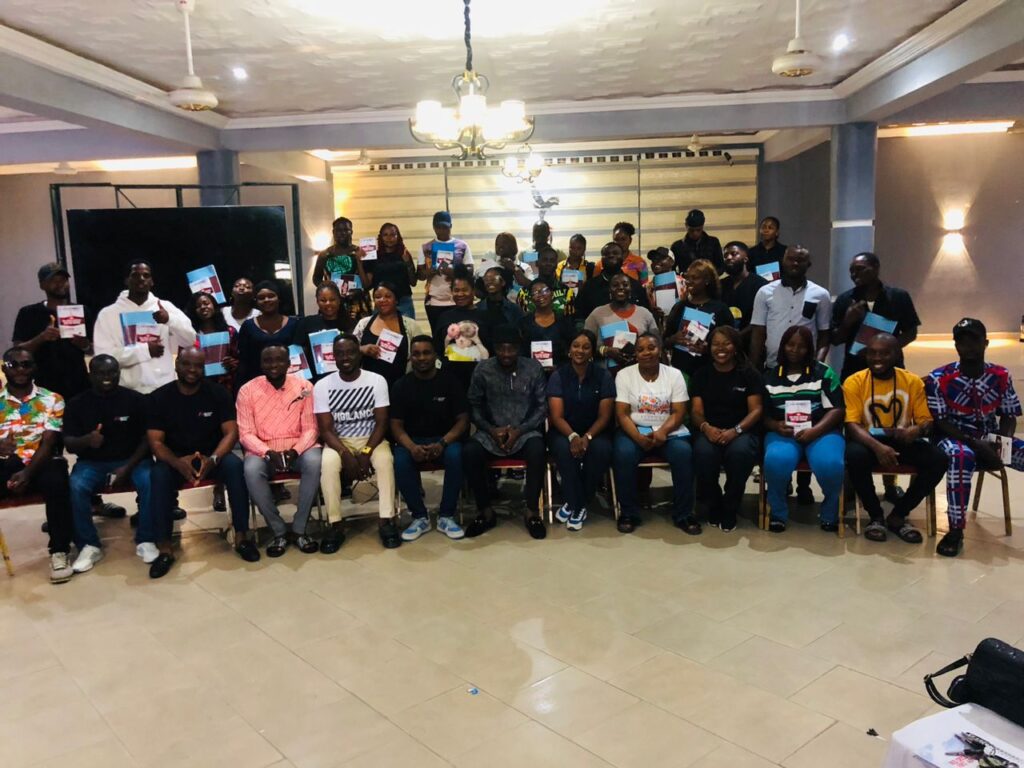
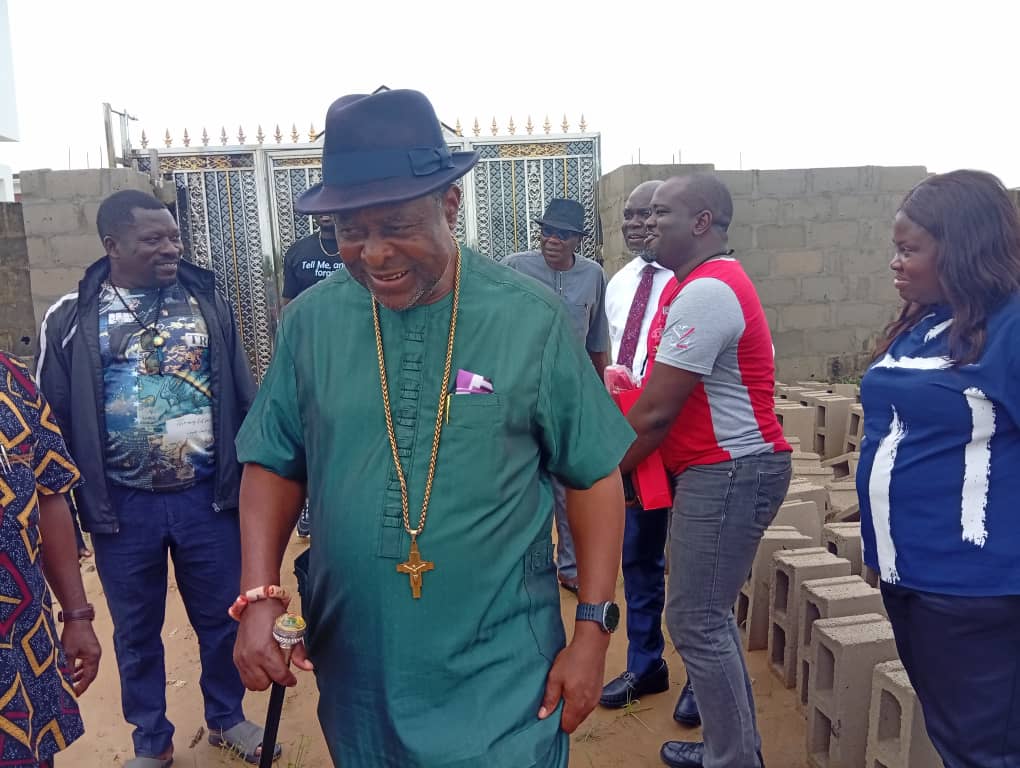
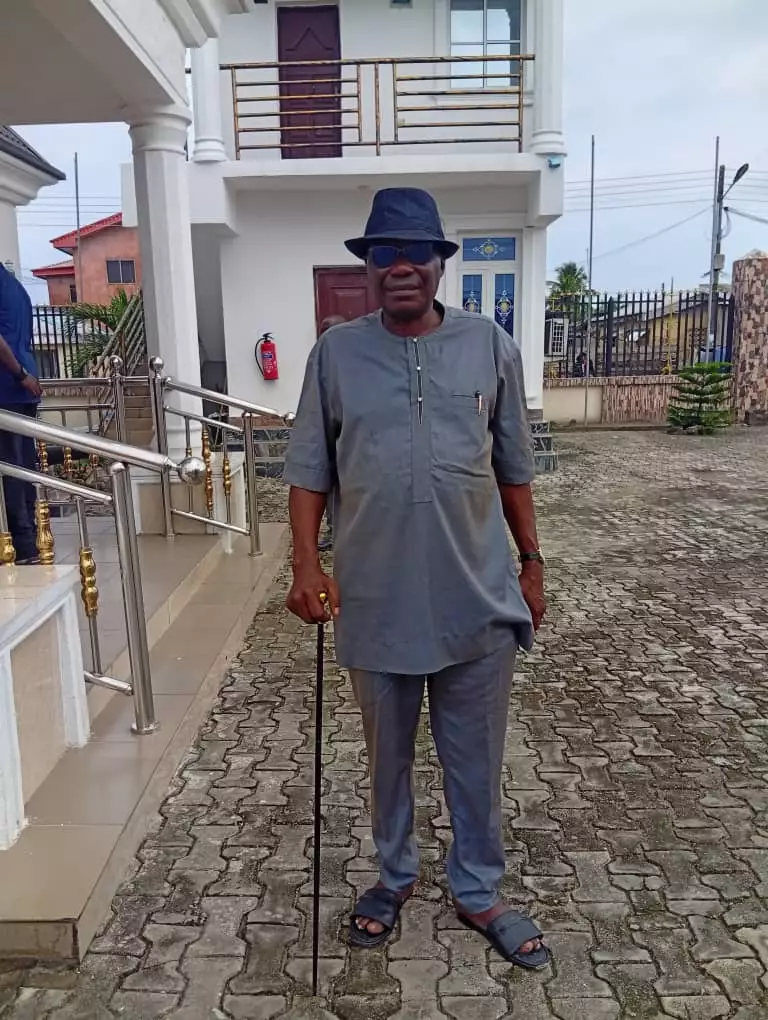
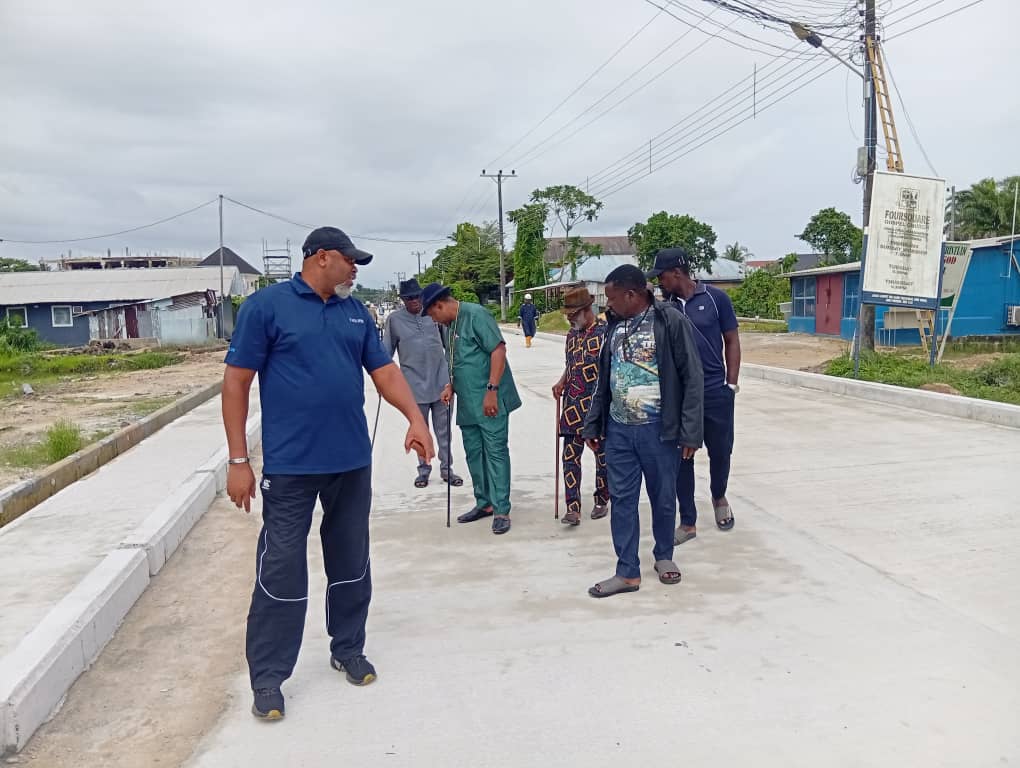
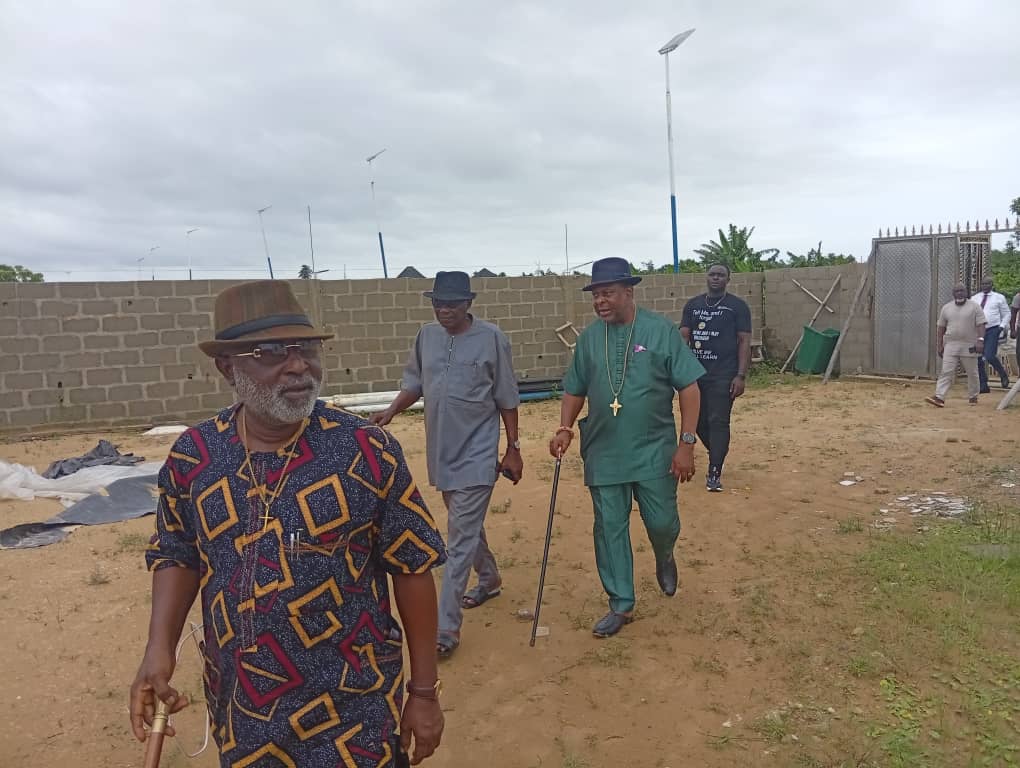
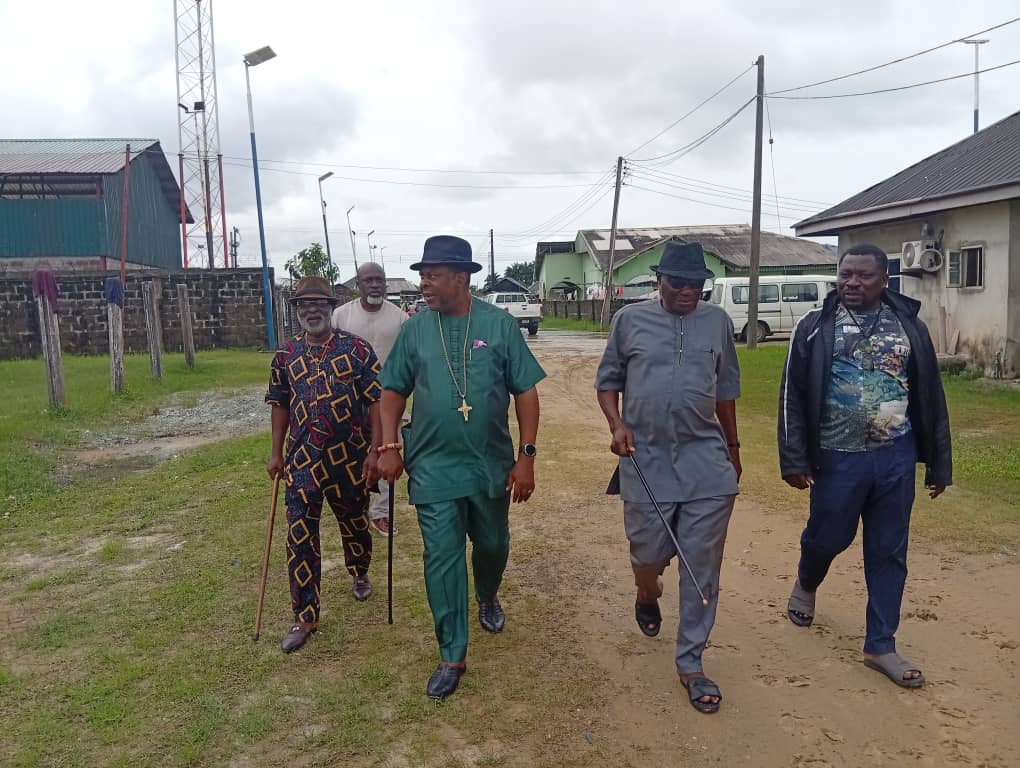


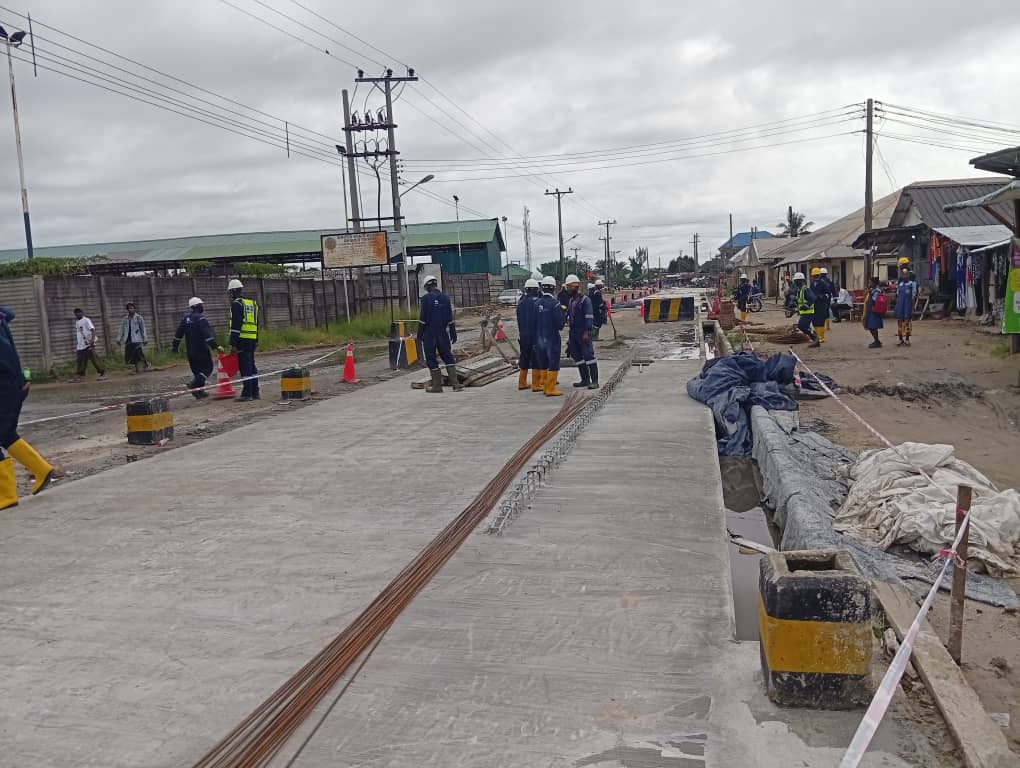
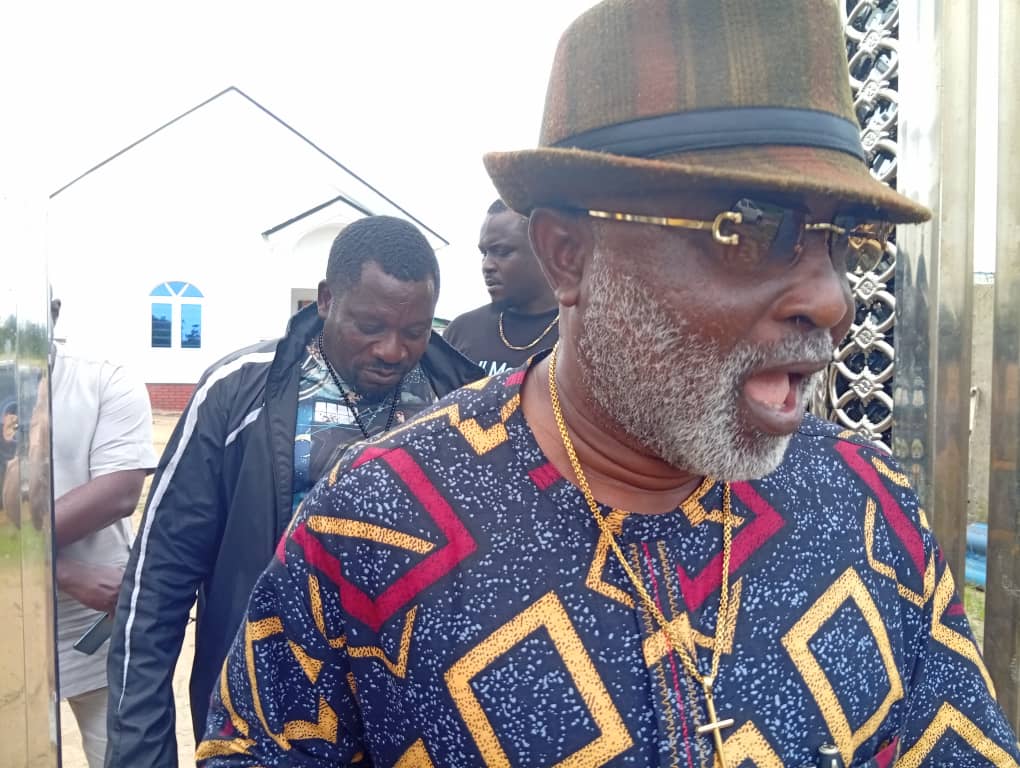
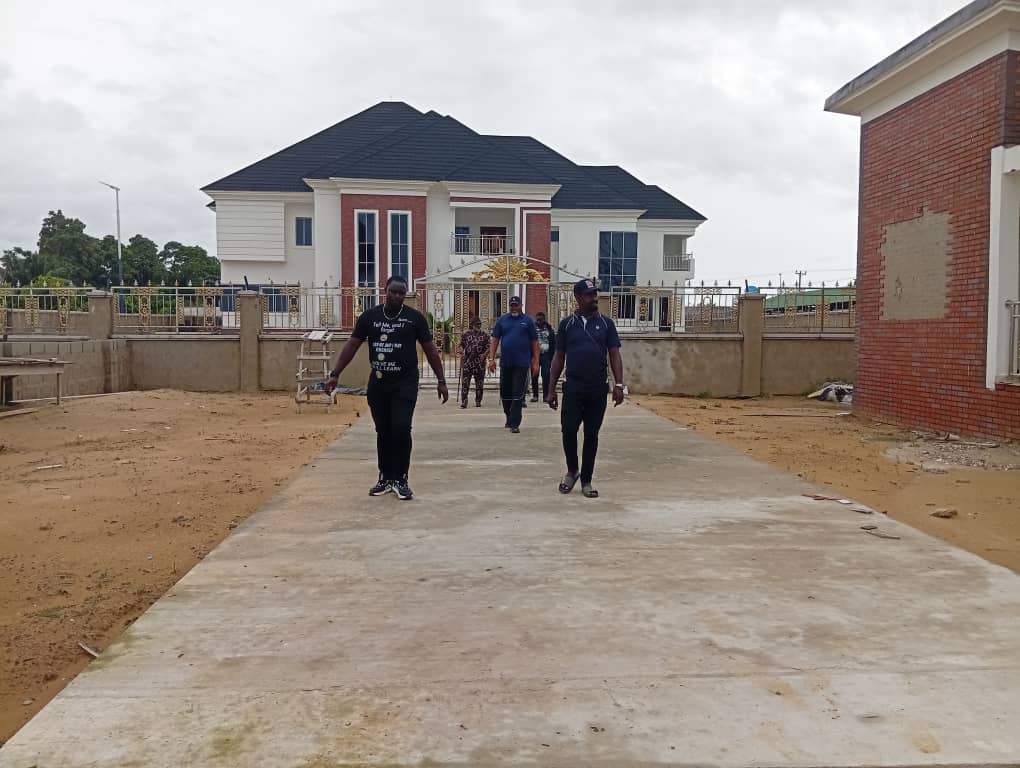
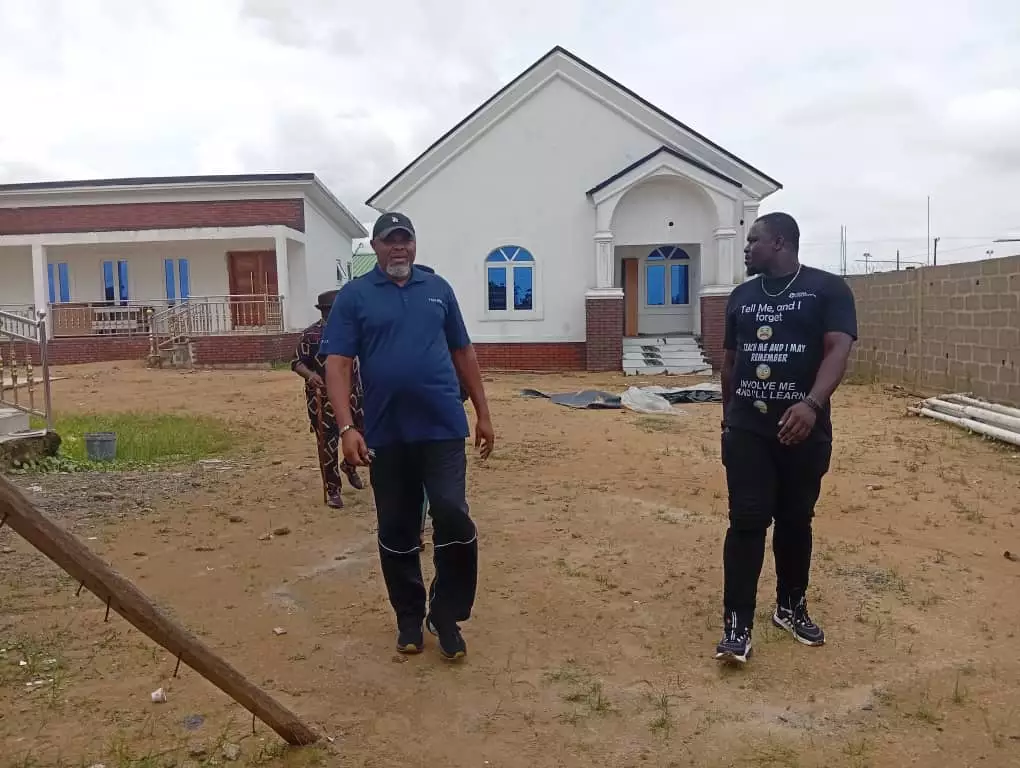
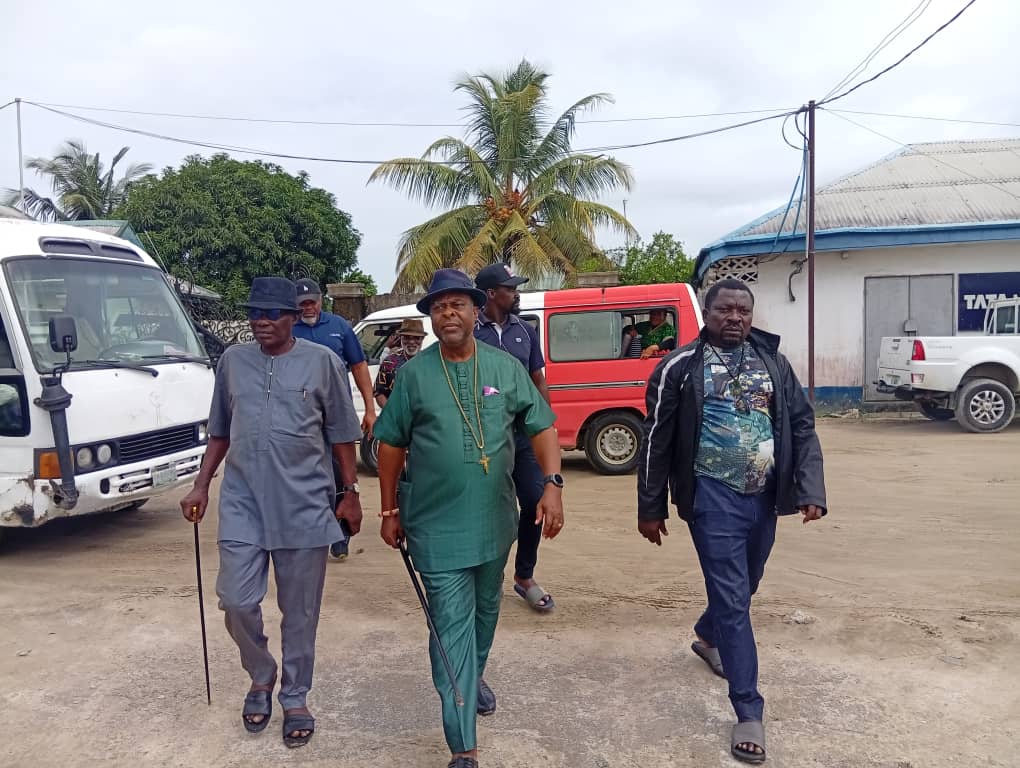
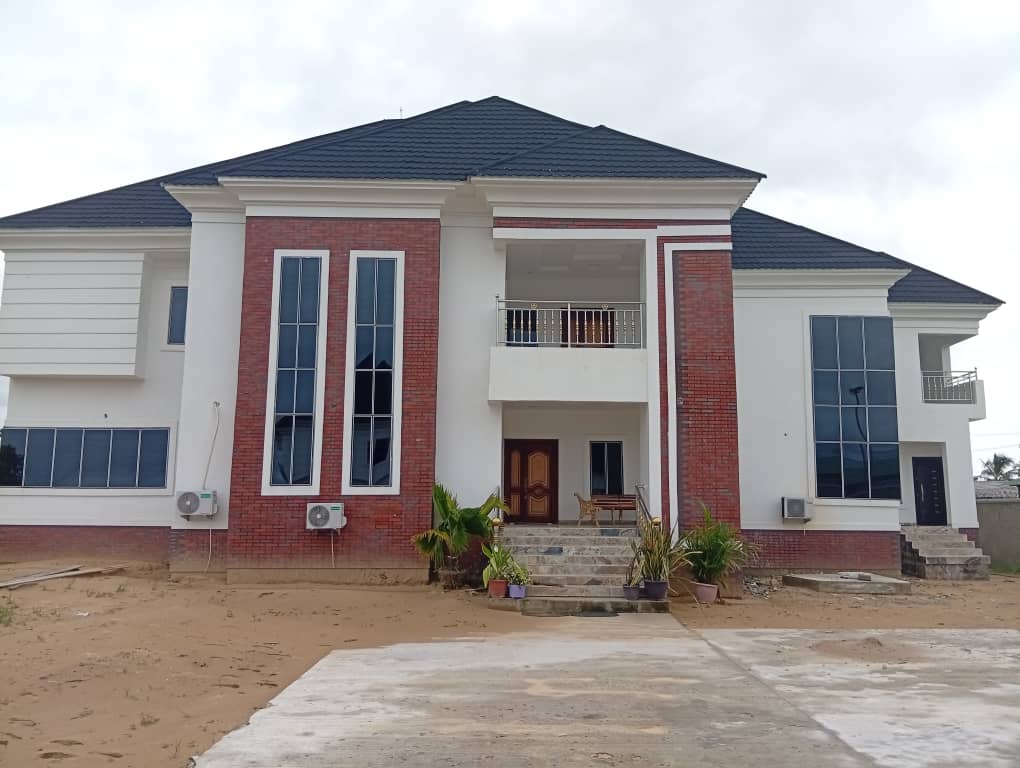

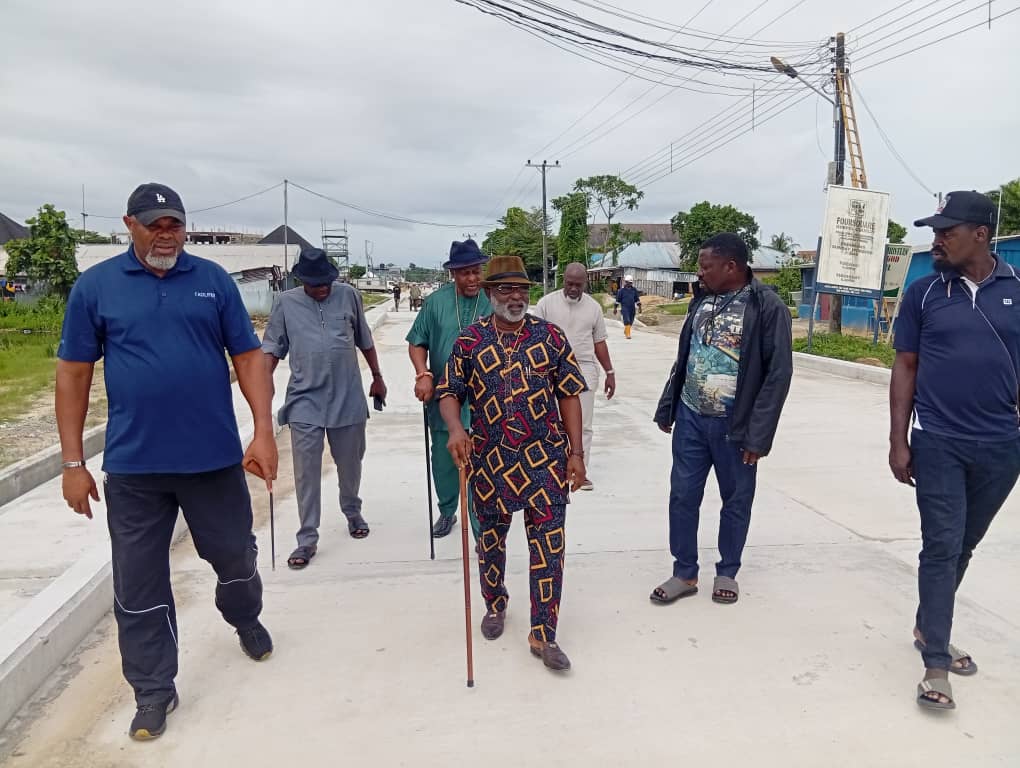

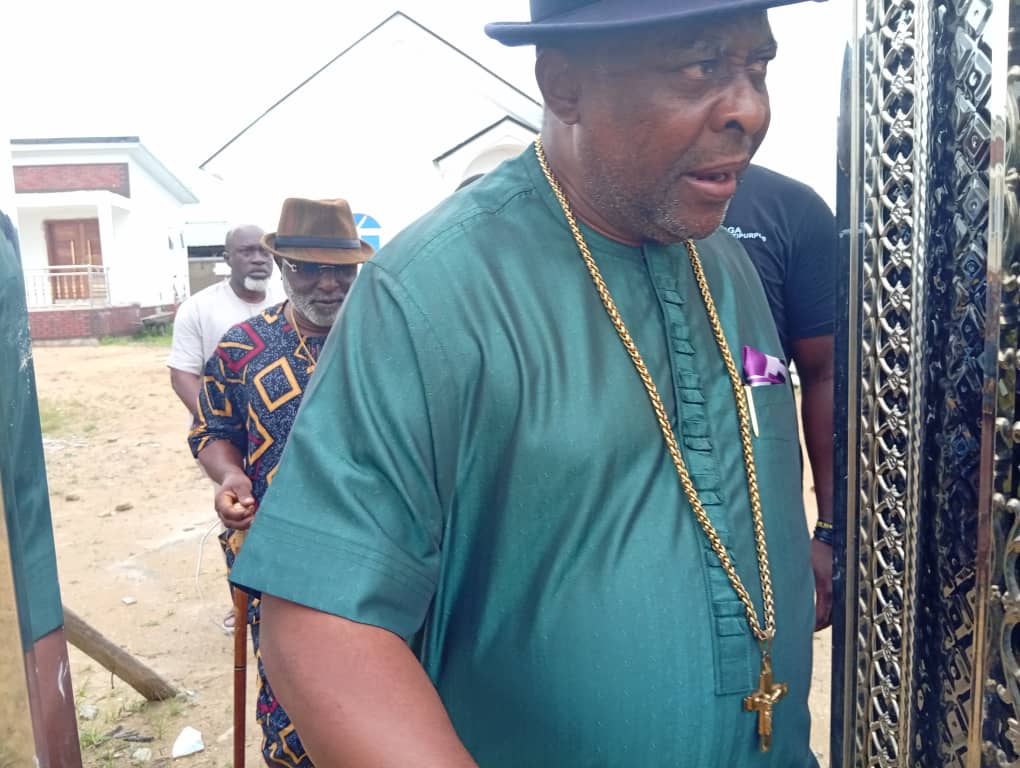
You must be logged in to post a comment.